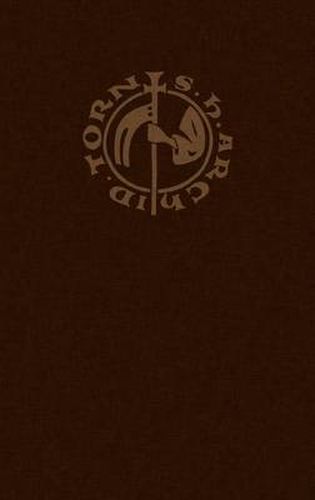Readings Newsletter
Become a Readings Member to make your shopping experience even easier.
Sign in or sign up for free!
You’re not far away from qualifying for FREE standard shipping within Australia
You’ve qualified for FREE standard shipping within Australia
The cart is loading…






This title is printed to order. This book may have been self-published. If so, we cannot guarantee the quality of the content. In the main most books will have gone through the editing process however some may not. We therefore suggest that you be aware of this before ordering this book. If in doubt check either the author or publisher’s details as we are unable to accept any returns unless they are faulty. Please contact us if you have any questions.
Ancient and Medieval Philosophy-Series 2, No. 37The Stadsbibliotheek of Brugge houses a manuscript (ms. 510, f. 227ra-237vb) that holds a short logical text on the Syncategoremata. In this manuscript the text is ascribed to Henry of Ghent, who was a leading thinker of the second half of the thirteenth century. If Henry wrote the text, he had much more technical knowledge of logic and semantics than is often imagined. The text was influenced by the logical works of Peter of Spain.
$9.00 standard shipping within Australia
FREE standard shipping within Australia for orders over $100.00
Express & International shipping calculated at checkout
This title is printed to order. This book may have been self-published. If so, we cannot guarantee the quality of the content. In the main most books will have gone through the editing process however some may not. We therefore suggest that you be aware of this before ordering this book. If in doubt check either the author or publisher’s details as we are unable to accept any returns unless they are faulty. Please contact us if you have any questions.
Ancient and Medieval Philosophy-Series 2, No. 37The Stadsbibliotheek of Brugge houses a manuscript (ms. 510, f. 227ra-237vb) that holds a short logical text on the Syncategoremata. In this manuscript the text is ascribed to Henry of Ghent, who was a leading thinker of the second half of the thirteenth century. If Henry wrote the text, he had much more technical knowledge of logic and semantics than is often imagined. The text was influenced by the logical works of Peter of Spain.